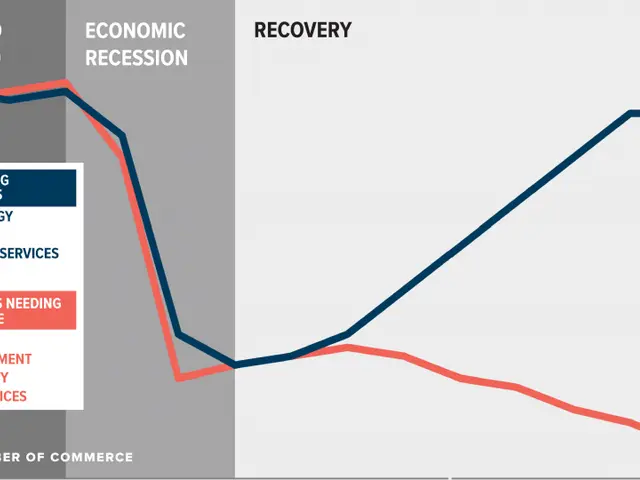In response to the horrific acts of terrorism in Solingen, political leaders in various German regions are advocating for stronger measures against individuals resisting deportation and addressing crimes committed by individuals with pending expulsion orders.
Sebastian Lechner, the CDU fraction leader in Lower Saxony's state parliament, urged for stricter enforcement of deportations. He advocated for the provision of sufficient detention facilities and criticized Interior Minister Daniela Behrens' (SPD) focus on gun control, arguing that existing knife regulations should be enforced more robustly. Instead, Lechner suggested increasing random police checks, enhancing video surveillance, and improving the effectiveness of domestic intelligence agencies, even suggesting measures like monitoring living spaces and online searches.
On the far-right side, AfD fraction leader Klaus Wichmann maintained that most of these violent incidents are often committed by refugees, particularly those required to leave the country. He proposed an immediate solution—deport them and completely ban refugee admissions. Wichmann argues that if they're not in the country, they can't commit crimes.
As for Interior Minister Behrens, she reiterated that individuals denied asylum must leave Germany, noting that efforts were underway to facilitate their departure. However, she cautioned against raising the alarm and challenged any attempts to question asylum law in the wake of Solingen.
In the first half of 2024, a total of 9,465 deportations took place nationwide, with 679 in Lower Saxony, while 20,677 individuals remained subject to deportation in the region, including 11,726 rejected asylum seekers. The recent tragedy that occurred in Solingen involved a 26-year-old Syrian suspect responsible for three fatalities and eight injuries at a city festival. The federal prosecutor's office is currently investigating him for potential membership in the Islamic State (IS) terrorist organization.
In light of these incidents, it's crucial to discuss and implement policies aimed at ensuring that individuals resisting deportation are apprehended and detained, as proposed by Lechner. Moreover, addressing the problem of individuals required to leave the country committing crimes, as advocated by Wichmann, should also be at the forefront of the discussion.
Additional Reading:
Enrichment Insights: - Following the Solingen terror attacks, political leaders in Germany and Lower Saxony's state parliament are discussing various policies aimed at addressing crime and immigration concerns. These measures include stricter immigration laws, deploying permanent border controls, and immediate detention for individuals earmarked for deportation. - However, implementing these policies also presents several challenges, such as ensuring compliance with EU law, addressing legal hurdles, and dealing with public demands. For instance, asylum seekers must have their cases processed in the first member country they arrive in according to the Dublin III Regulation, and declaring a national emergency to close borders requires justifying a significant threat to public order or internal security. - The far-right AfD party has aligned itself with these stricter migration rules, supporting measures like permanent border control and the rejection of all undocumented immigrants. However, critics argue that such extremist positions aim to divide society and disregard the rule of law.








